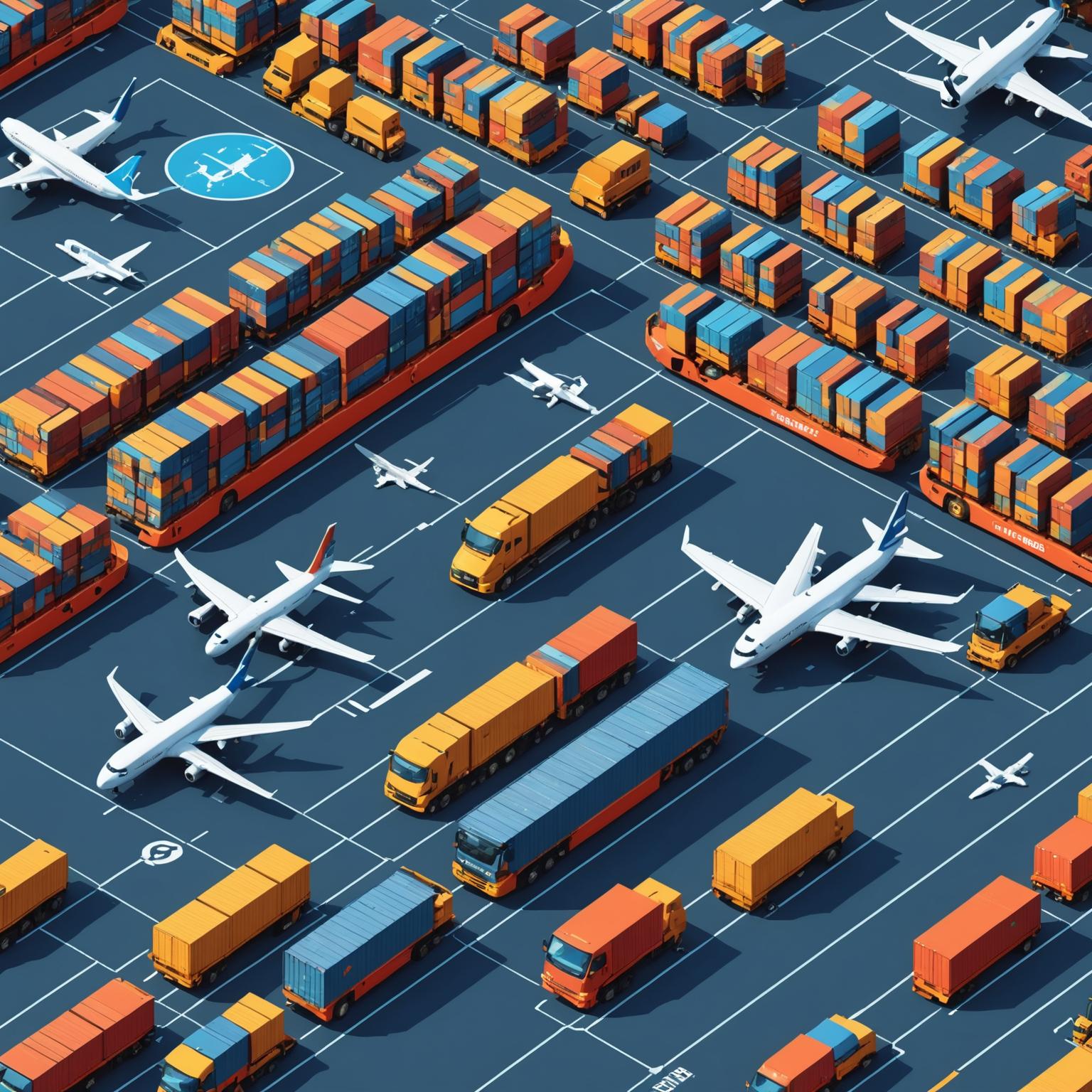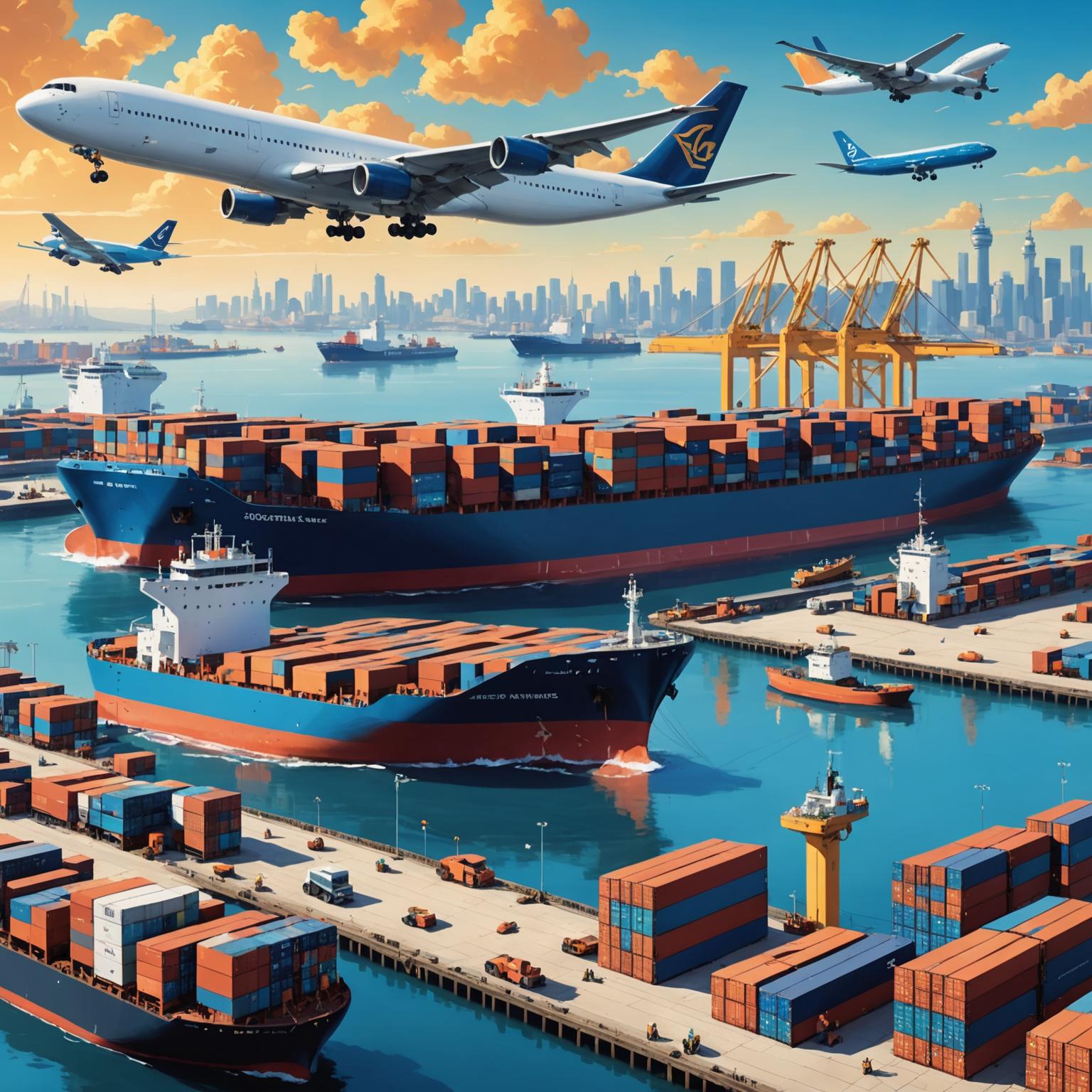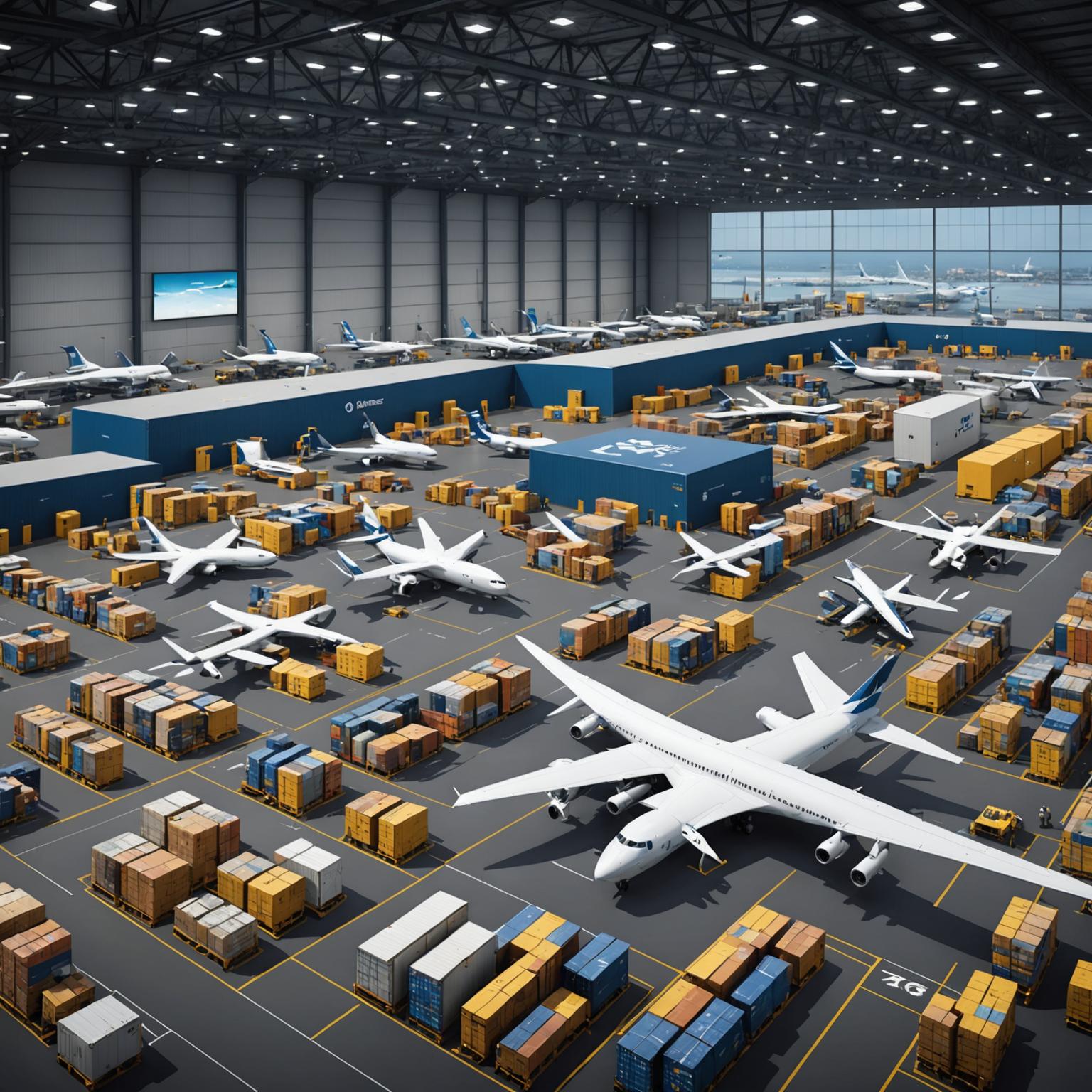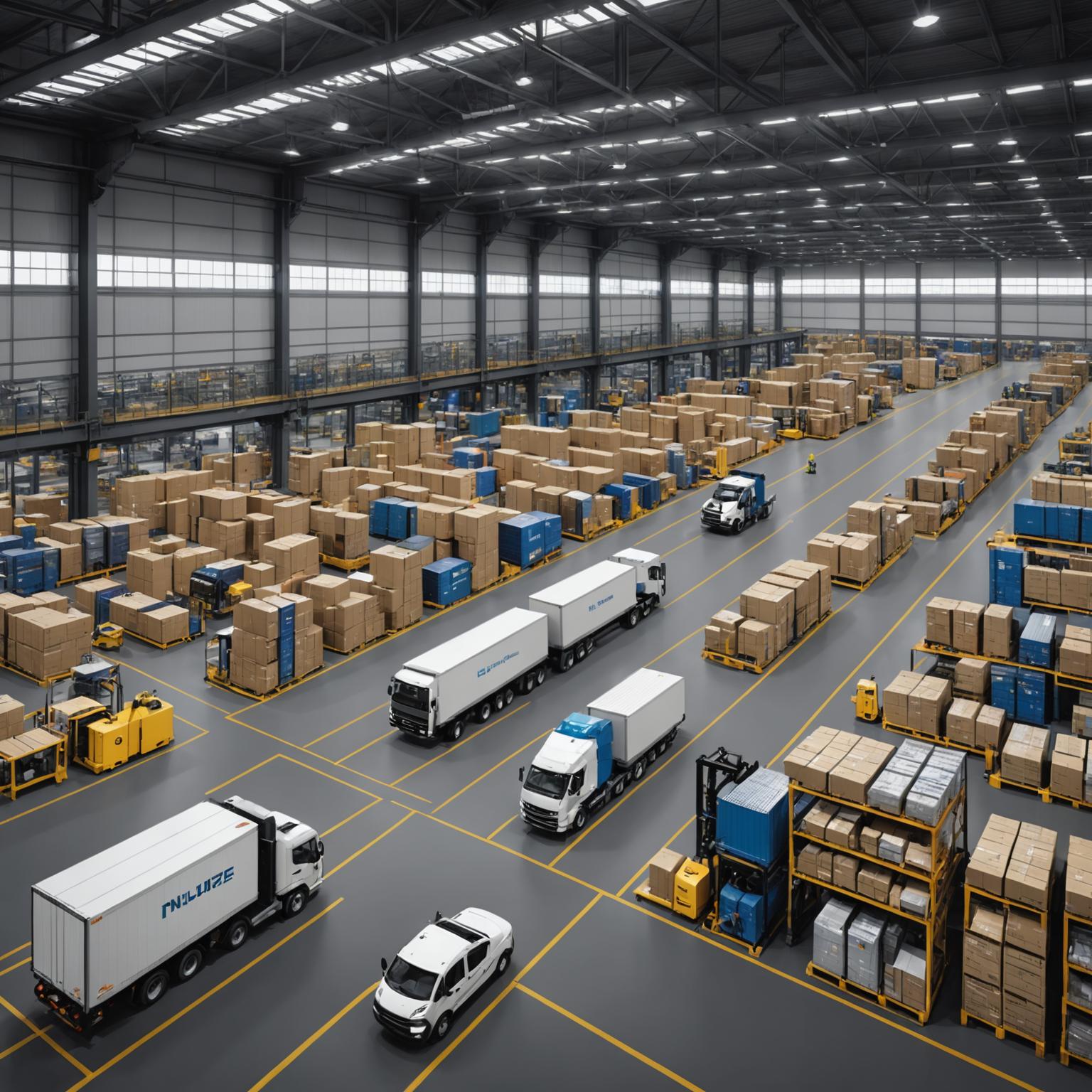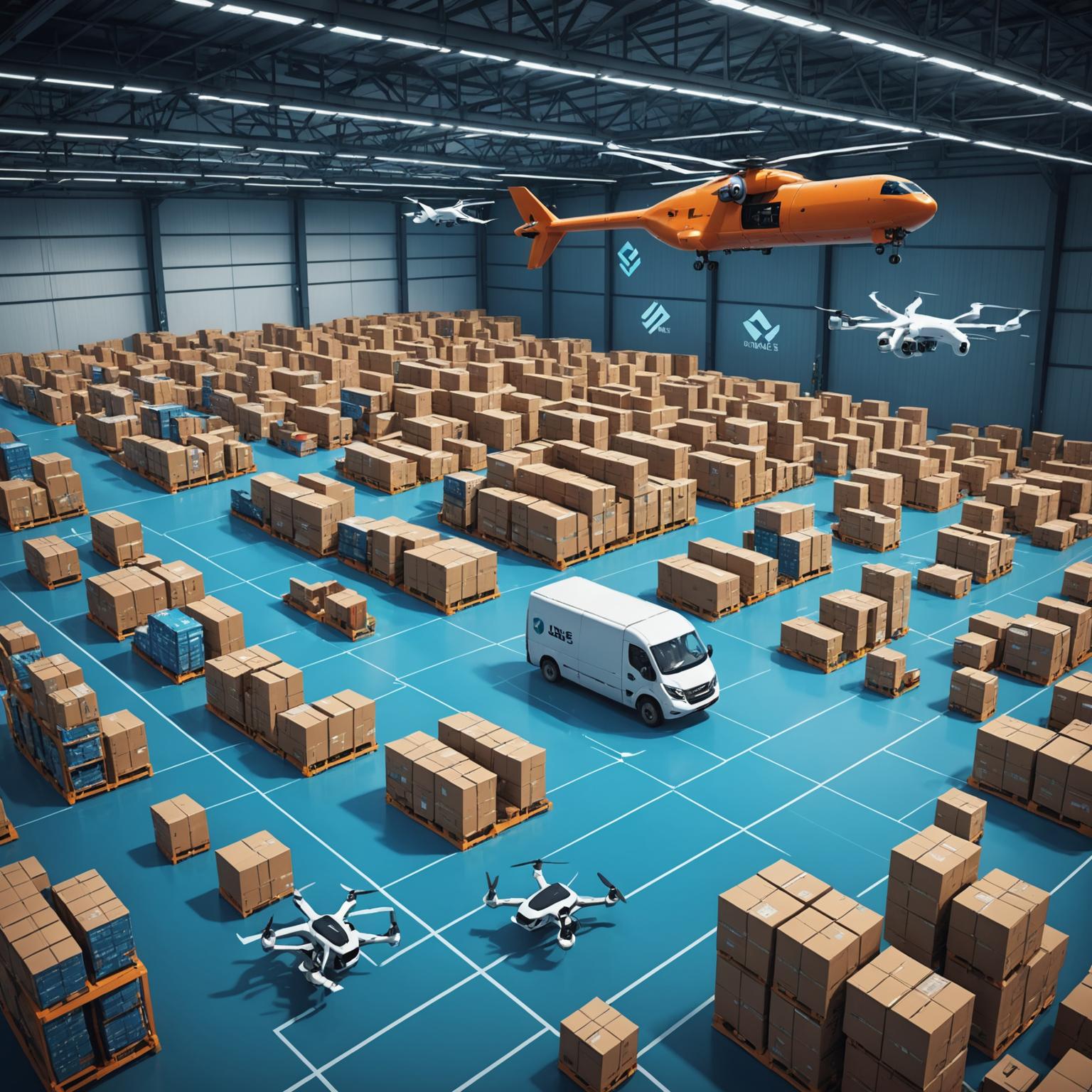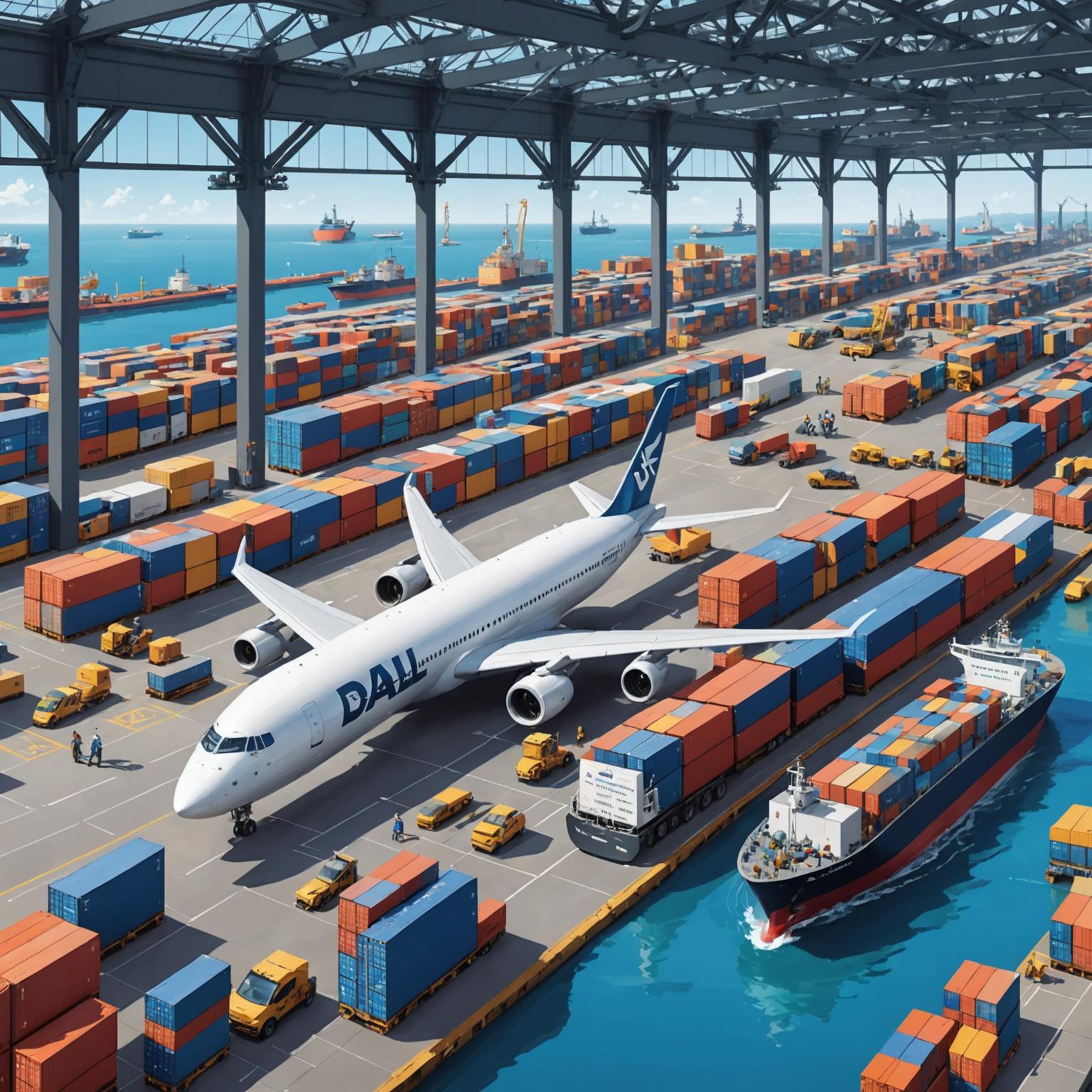Navigating the complex world of international logistics is a defining challenge for modern businesses. The success of a company often hinges on its ability to manage a sophisticated network of suppliers, warehouses, and transportation partners across the globe. Effective Global logistics is no longer just about moving goods from point A to point B; it's about creating a seamless, efficient, and transparent supply chain that can adapt to ever-changing market demands. The integration of advanced technology is at the forefront of this transformation, turning logistical hurdles into competitive advantages.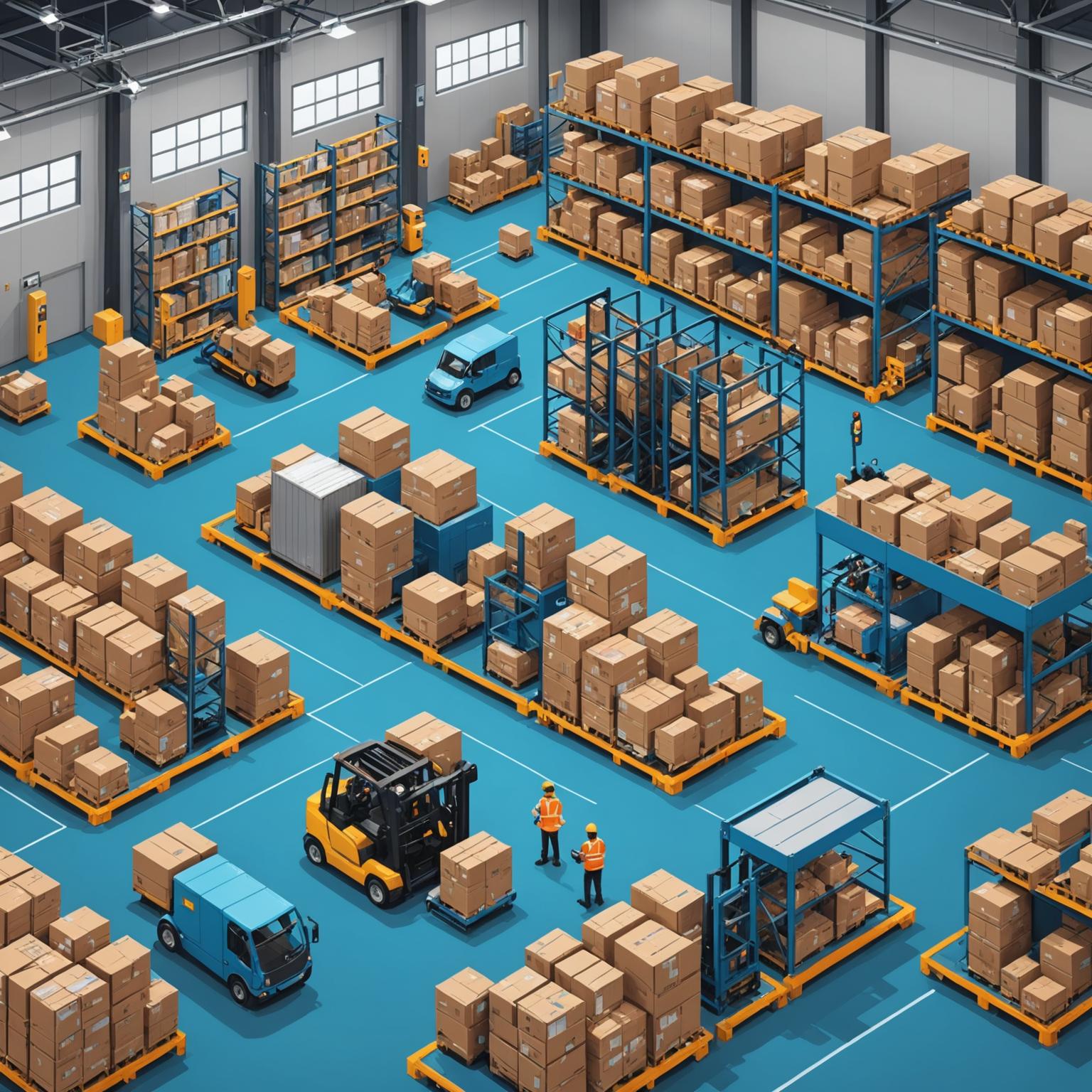
The Heart of the Operation: Intelligent Warehouse Management
Before any product begins its journey across borders, its lifecycle within the warehouse is critical. This is where an Intelligent Warehouse Management System (iWMS) becomes indispensable. Such a platform revolutionizes warehouse operations by leveraging AI for real-time inventory tracking, ensuring stock levels are always accurate. It streamlines order fulfillment by using algorithms to map the fastest pick-and-pack routes, drastically reducing delays. Furthermore, integrated collaboration tools keep the entire team connected, while built-in safety monitoring ensures compliance and a secure working environment. A smart warehouse isn't just a storage facility; it's the dynamic, synchronized hub that powers the entire international logistics chain.
Connecting Continents: The Modes of Global Transport
Once an order is prepared, it enters the vast network of global transport. For urgent or high-value goods, Air transportation offers unmatched speed and precision. Modern logistics suites optimize air freight by using predictive AI to streamline cargo handling and minimize transit time. For large-volume shipments, sea transportation remains the economic backbone of global trade. Advanced systems support intelligent container stacking, automated documentation, and the selection of eco-friendly shipping routes, making ocean freight both cost-effective and responsible. These distinct modes are the arteries of Global logistics, each with unique advantages that can be harnessed for optimal supply chain performance.
The Power of a Unified Logistics Ecosystem
The true evolution in international logistics comes from seamlessly integrating these disparate elements—from the warehouse shelf to the final destination. A unified platform, like a comprehensive logistics suite, is the key. Imagine a system where Air transportation and sea transportation are not treated as separate silos but as interconnected parts of a single journey. By leveraging technologies like IoT for real-time monitoring, blockchain for secure documentation, and AI for predictive analytics, businesses gain complete visibility and control. This integration breaks down communication barriers between air, sea, and ground carriers, ensuring that every part of the supply chain works in harmony to reduce downtime and boost efficiency.
Moving Forward, Faster
In today's interconnected marketplace, excellence in Global logistics is non-negotiable. The future belongs to those who embrace a holistic and tech-forward approach. By combining intelligent warehouse management with an integrated suite that unifies all modes of transport, from sea transportation to air freight, companies can transform their supply chains from a cost center into a powerful engine for growth. This is not just about moving products; it's about building a synchronized, resilient, and intelligent ecosystem that delivers brilliance at every step, creating opportunities to move forward, faster than ever before.

